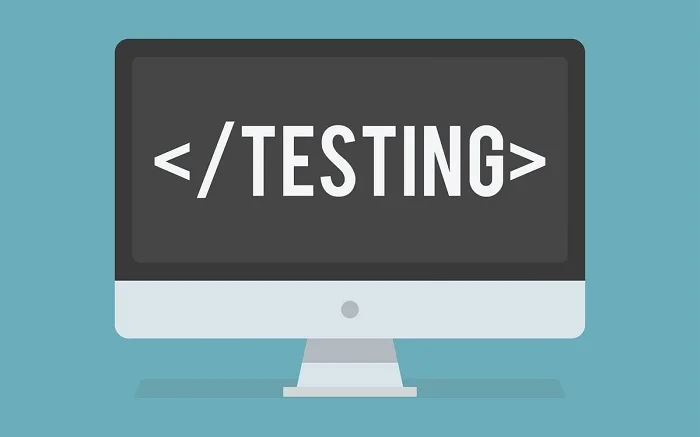
The Future of Tech: Becoming a Professional Tester
The digital age has ushered in a plethora of websites and apps, each aiming to offer unique and seamless user experiences. This surge in digital products has heightened the demand for skilled testers, professionals dedicated to evaluating and ensuring the quality of websites and applications. Testers play a pivotal role in the development process, identifying bugs, and providing feedback to improve functionality, usability, and performance.
What kind of testers are they and what do they do?
Testers, often referred to as QA (Quality Assurance) analysts or software testers, are classified into various roles depending on their focus area. Functional testers scrutinize the features of a website or app to ensure they work as expected. Usability testers assess the user experience, providing insights on how to make interfaces more intuitive. Performance testers evaluate the speed, stability, and scalability of software under different conditions. Security testers examine vulnerabilities that could compromise user data. Each type of tester brings a critical eye to the development process, contributing to the creation of high-quality, user-friendly digital products.
The day-to-day responsibilities of testers involve creating test cases, executing tests, documenting findings, and collaborating with developers to address issues. This process requires a keen attention to detail, a methodical approach to problem-solving, and strong communication skills to effectively relay feedback.
What is the demand for this profession?
The demand for skilled testers has been on a steady rise, fueled by the continuous growth of the tech industry. Companies, from startups to multinational corporations, seek proficient testers to ensure their digital products meet the highest standards of quality and security. The expansion of e-commerce, mobile applications, and software services has further amplified this need, making software testing an in-demand profession.
Job prospects for testers are not only plentiful but also offer pathways for career advancement. Many testers eventually transition into roles such as QA managers, product managers, or even software developers, given their deep understanding of software functionality and user requirements.
The globalization of the tech industry has also opened up opportunities for remote and freelance testing positions, allowing professionals to work with companies around the world from the comfort of their homes.
What courses or what education should be obtained?
Aspiring testers can pursue a variety of educational paths to enter the field. While a degree in computer science or information technology provides a solid foundation, many successful testers come from diverse academic backgrounds. Specialized courses and certifications in software testing, such as the ISTQB (International Software Testing Qualifications Board) certification, can significantly bolster one’s qualifications.
Online platforms offer numerous courses covering different aspects of testing, from the basics of QA to advanced topics like automation testing, security testing, and performance testing. Practical experience, however, is paramount. Engaging in projects, whether through internships, personal initiatives, or contributing to open-source projects, is crucial for developing hands-on skills.
Continuous learning is a staple in the profession of testing, given the rapid evolution of technology. Staying updated with the latest testing tools, methodologies, and industry trends is essential for long-term success.

Tips for beginning testers
For those starting in the field, mastering the fundamentals of software testing is key. Familiarize yourself with different testing methodologies, understanding when and how to apply them. Building a portfolio of your work, including test cases, bug reports, and any automation scripts you’ve written, can demonstrate your capabilities to potential employers.
Networking within the testing community can provide invaluable insights and opportunities. Joining forums, attending conferences, and participating in hackathons can expand your knowledge and connect you with professionals in the field.
How promising this work is
The future for testers looks exceptionally bright. The digital transformation of businesses and the increasing complexity of software systems ensure a continued need for thorough testing. Automation and AI are augmenting the testing process, creating opportunities for testers to focus on more strategic tasks and problem-solving.
Moreover, the emphasis on user experience and security in the digital age means that the role of testers is more critical than ever. As companies strive to build trust with users and differentiate themselves in crowded markets, the skills of talented testers will remain in high demand, making it a promising and rewarding career path.




